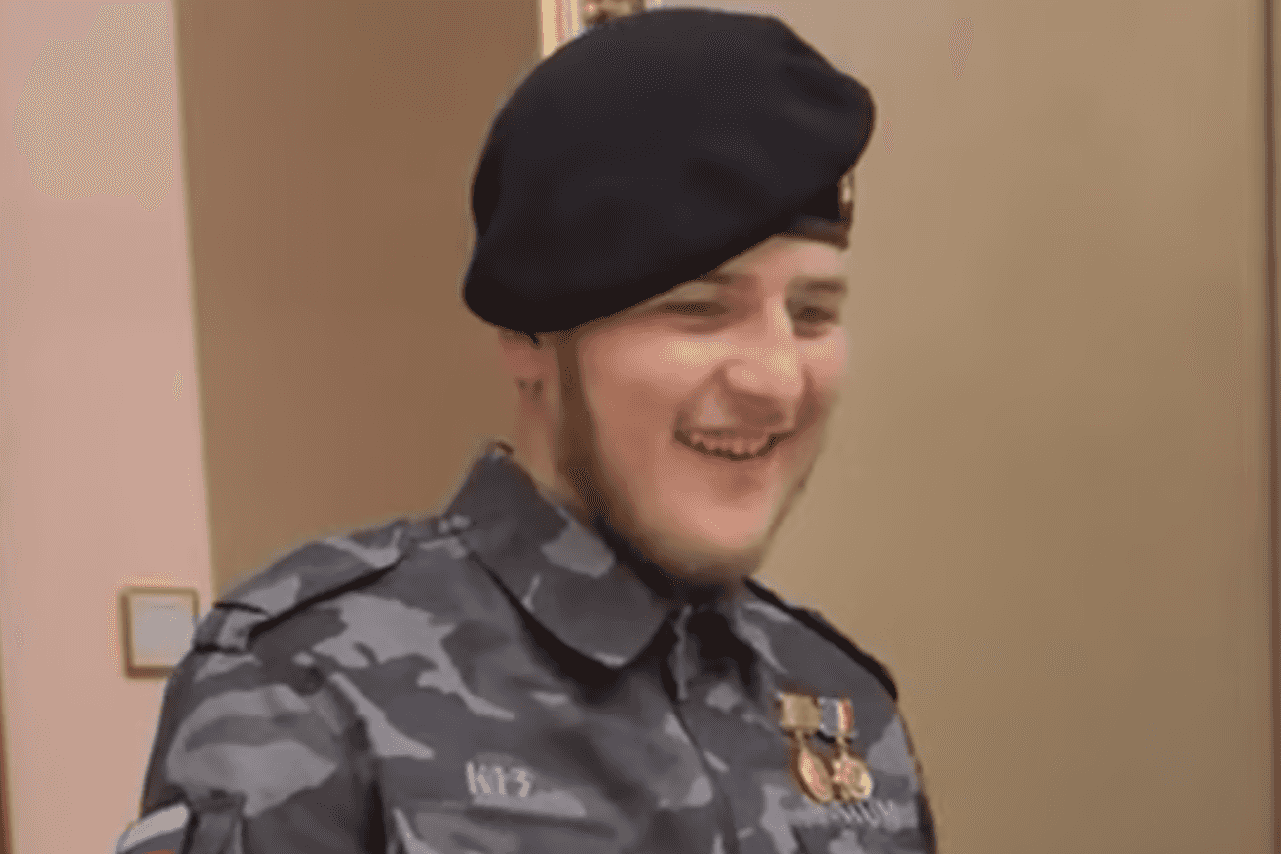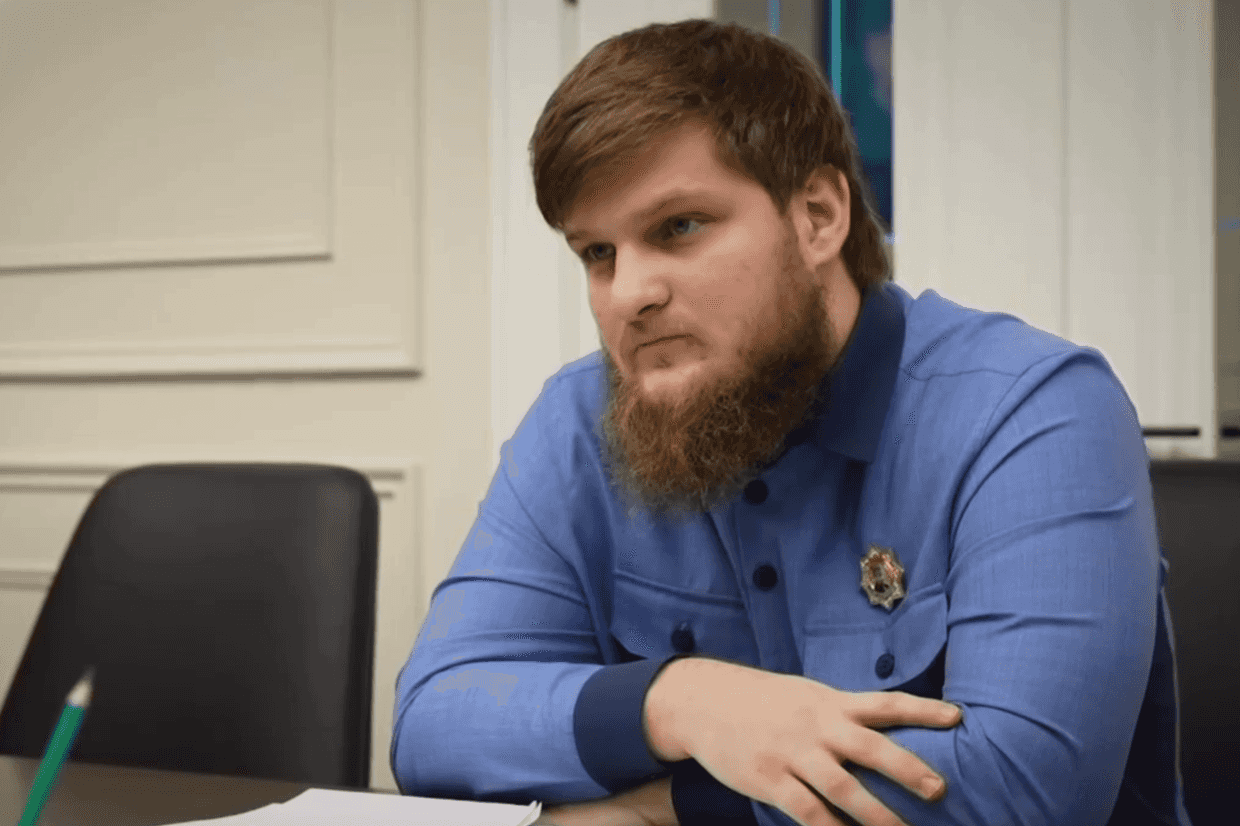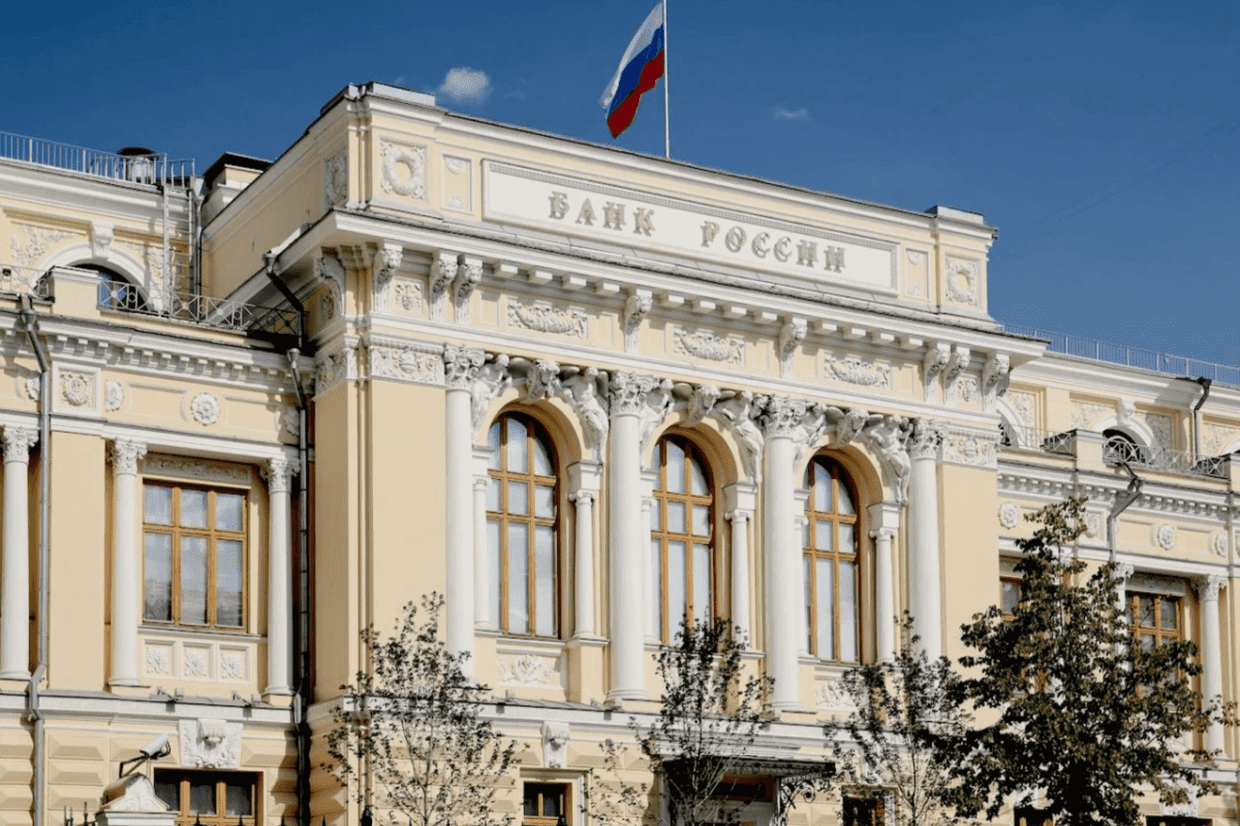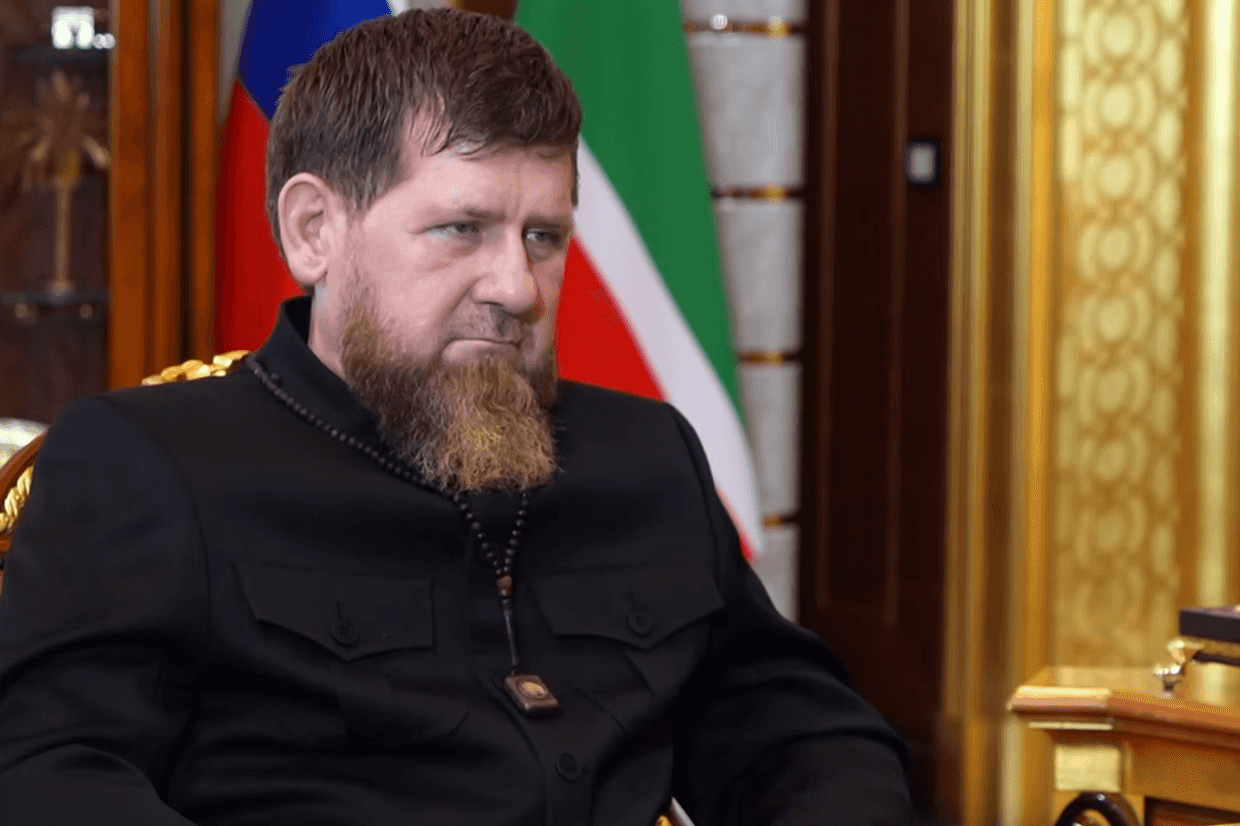
During the commemoration of the 81st anniversary of the deportation of Chechens and Ingush, Chechen Prime Minister Magomed Daudov announced his intention to restore the Aukh District, a historically Chechen municipality that is now located in the territories that are now part of the Novolaksky and Kazbekovsky districts of Daghestan.
Referring to the law on the rehabilitation of repressed peoples, Daudov emphasised that Aukh Chechens should be able to return to their homes. He noted that actions are held annually in Daghestan demanding the restoration of the Aukh District.
‘Maybe the authorities of Daghestan think that we do not notice these appeals or consider the [Aukh Chechens] not close to us. This is not the case. We live in a state governed by the rule of law, and there is a law on the rehabilitation of repressed peoples. Sooner or later the Chechen people will restore justice in this matter’, Daudov said.
The anniversary on 23 February commemorated the start of Operation Chechevitsa, which resulted in the mass deportation of Chechens and Ingush in the midst of World War II. At the time, Soviet authorities said the deportations were justified because of the alleged collaboration by Ingush and Chechen peoples with Nazi Germany. The ban on Chechens and Ingush returning to their homeland was lifted in 1957, following the death of Joseph Stalin and the accompanying thaw in the Soviet Union.
Approximately 100,000 Chechens and 23,000 Ingush died during the deportation and the following years. The Soviet Union also ordered the deportation of the entire population of Karachays, Balkars, and Kalmyks, as well as several other ethnic groups, to Central Asia.
On 23 February, Ingush Head Mahmud-Ali Kalimatov emphasised at a rally the unacceptability of repeating such tragedies, and prayers were recited in mosques for the victims of Stalinist repression.
At a similar event in Chechnya, Daudov read out an address by Chechen Head Ramzan Kadyrov, which the latter had also published on his Telegram channel. However, during Daudov’s speech, he omitted a fragment in which Kadyrov called Stalin ‘cursed’ for his ‘inhuman order’.
This is not the first time Kadyrov has spoken harshly about Stalin. In 2017, Kadyrov cursed Stalin and said that he had brought Chechen and other peoples to the edge of the abyss. In 2023, Kadyrov again called Stalin ‘cursed’ and the deportation a ‘genocide’.
At the same time, in contemporary Russia, attitudes towards Stalin remain contradictory. On one hand, his policy of harsh repression is condemned by human rights activists, while for others, he remains a symbol of a ‘strong state’. Dozens of monuments and busts to Stalin have been erected in various regions of the country, and this trend has particularly intensified in recent years.
Unresolved land disputes
The village of Leninaul, known in Chechen as Aktash-Aukh, is the subject of a dispute between the Avars of Daghestan and the Aukh Chechens.
Following the deportations in 1944, the Aukh District was renamed Novolaksky and part of its territories were transferred to the Kazbekovsky District in Daghestan, where Leninaul is located. After the return of the deportees, they were forbidden to settle on their historical lands. In the 1990s, they were promised their houses and pastures would be returned to them, but this did not happen.
In 2019, the government of Daghestan approved a new programme for the restoration of the Aukh District, which would last for several years. The programme envisaged the construction of new housing estates for Daghestani settlers from Laksky District to vacate houses previously owned by Chechens.
However, in March 2024, residents of the Gamiyakh village in the Novolaksky District expressed dissatisfaction with the ‘seizure of land’ intended for the restoration of the Aukh District and demanded that all transactions with plots of land be suspended until the resettlement programme was completed. They accused the authorities of attempting to distribute the land plots ‘quietly and on their day off’.
In November 2024, Chechen elders from Leninaul asked Kadyrov to help resolve the land conflict.
The request occurred against the backdrop of the active distribution of disputed land to participants of the full-scale Russian invasion in Ukraine, which, according to representatives of the ‘Public Council of Aukh’, disproportionately benefits the Avars.











